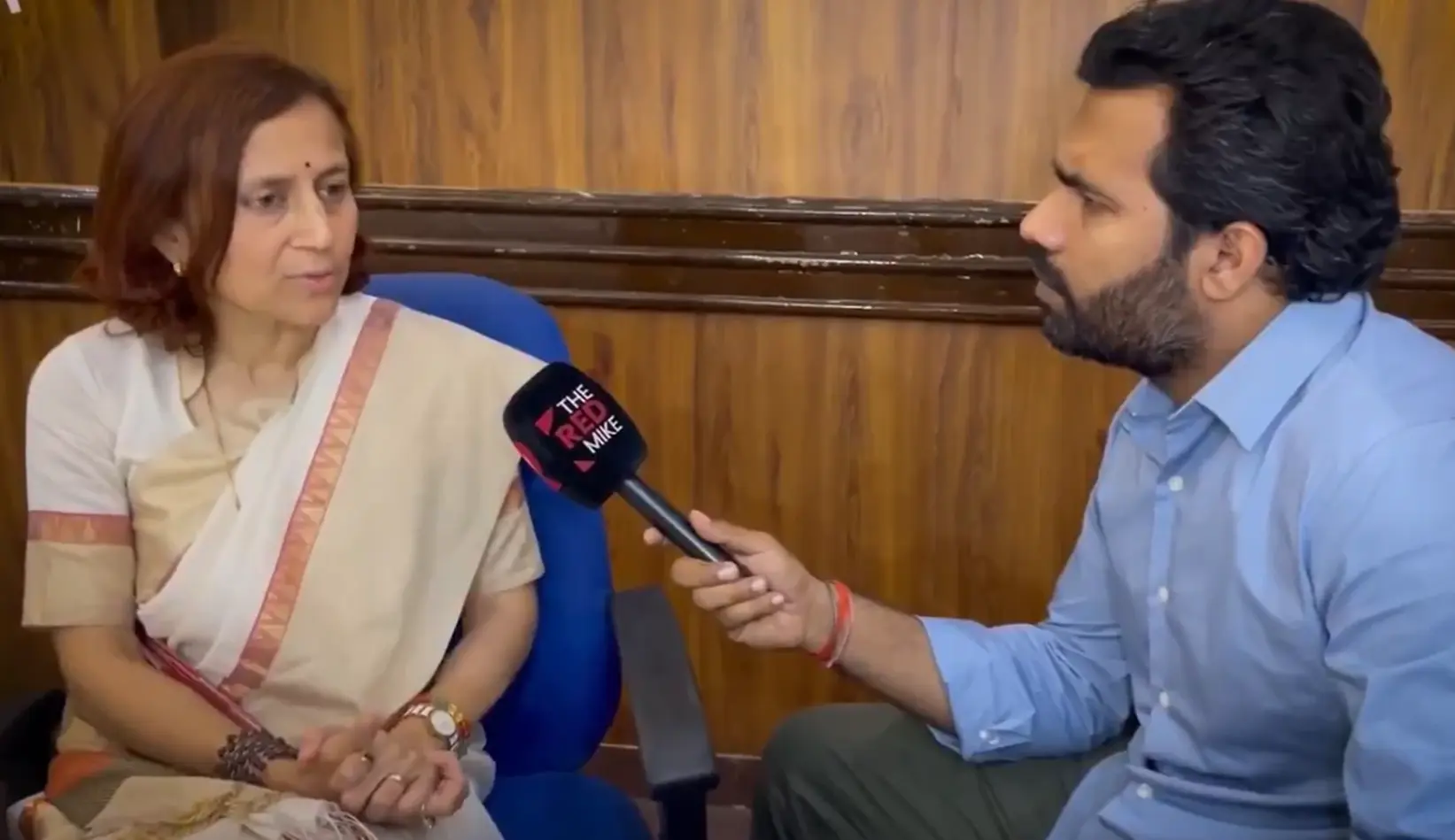
Sonam Wangchuk’s wife files Supreme Court plea challenging his NSA detention after Ladakh protests. Legal battle intensifies over activist’s arrest and civil rights.
Why Sonam Wangchuk’s Detention Sparked a Legal Battle: His Wife Moves Supreme Court
The Arrest That Shook Ladakh: What Happened on September 26
On September 26, 2025, renowned climate activist and innovator Sonam Wangchuk was arrested under the National Security Act (NSA) following violent protests in Ladakh. The unrest, which erupted on September 24, was driven by demands for statehood and inclusion of Ladakh under the Sixth Schedule of the Indian Constitution. The protests turned tragic, leaving four people dead and over 90 injured.
Wangchuk, known for his peaceful activism and educational reforms, was accused of inciting the violence. He was transferred to Jodhpur Central Jail in Rajasthan, sparking outrage among civil society groups, students, and local leaders. His arrest was seen by many as politically motivated and disproportionate.
Legal Action Begins: Gitanjali Angmo Files Habeas Corpus Petition
On October 2, Wangchuk’s wife, Dr. Gitanjali J. Angmo, filed a habeas corpus petition in the Supreme Court of India. The petition challenges the legality of his detention and demands his immediate release. Angmo, who also serves as CEO of the Himalayan Institute of Alternatives, claimed that she had not received a copy of the detention order and had been denied contact with her husband.
“It’s been one week. I still have no information about Sonam Wangchuk’s health, the condition he is in, nor the grounds of detention,” she posted on social media. Angmo also wrote to President Droupadi Murmu, Prime Minister Narendra Modi, and Home Minister Amit Shah, calling the arrest a “witch-hunt” against her husband’s activism.
The Supreme Court is currently on Dussehra vacation and is expected to reopen on October 6. Angmo’s legal team plans to seek an urgent hearing once the court resumes.
Public Outcry and Political Fallout
Wangchuk’s arrest has triggered widespread protests and condemnation. The Apex Body Leh and Kargil Democratic Alliance (KDA), two key organizations negotiating with the central government on Ladakh’s future, have suspended talks until Wangchuk is released. They accused the government of using the NSA to silence dissent and derail the movement for Ladakh’s autonomy.
“We will not engage with the Ministry of Home Affairs’ High-Powered Committee until peace and normalcy are restored,” said a joint statement from the groups. Students, environmentalists, and local leaders have held candlelight vigils and social media campaigns demanding justice for Wangchuk.
Meanwhile, the Ladakh administration has announced a magisterial inquiry into the September 24 violence. However, both the Apex Body and KDA have rejected the probe, calling for an independent judicial investigation.
Allegations of Harassment and Surveillance
In a press conference, Angmo alleged that she and her associates were being harassed and surveilled. “I am being followed everywhere in Delhi. A car trails me wherever I go,” she said. She also claimed that staff members working with Wangchuk had been detained and tortured.
“This is not just about Sonam. It’s about the right to protest, the right to speak, and the right to demand justice,” Angmo said. She expressed concern over Wangchuk’s treatment in custody and questioned the use of NSA against a peaceful activist.
Legal experts have also raised eyebrows over the invocation of NSA, which allows preventive detention without trial for up to 12 months. “The use of NSA in this case appears excessive and needs judicial scrutiny,” said senior advocate Indira Jaising.
What’s Next: Awaiting Supreme Court’s Intervention
As the Supreme Court prepares to reopen, all eyes are on whether Wangchuk’s petition will be heard urgently. The case has become a litmus test for civil liberties in India’s border regions. If the court intervenes, it could set a precedent for how preventive detention laws are applied to activists and protest leaders.
The central government has maintained that Wangchuk’s arrest was based on evidence and that dialogue with Ladakh stakeholders remains open. However, the growing unrest and legal challenge have put pressure on authorities to reconsider their approach.
Rapido Updates will continue to follow this developing story and provide timely coverage of legal proceedings, public reactions, and policy implications. Stay tuned for updates on this critical moment in Ladakh’s political journey.